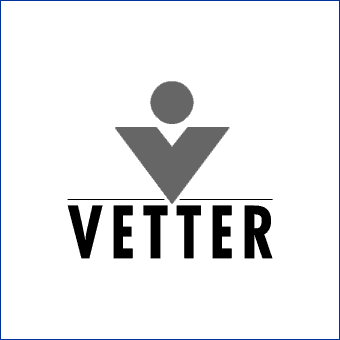“Big Biotech is muscling into an arena long dominated by Big Pharma, acquiring biotech companies to address pipeline issues or cement a leading position in a therapeutic area.”
Big Biotech is muscling into an arena long dominated by Big Pharma, acquiring biotech companies to address pipeline issues or cement a leading position in a therapeutic area. It’s a growing trend as the differences continue to blur between Big Pharma and the handful of Big Biotechs.“Biotech” is often used to refer to smaller and more innovative companies, whether or not they’re developing a biologic product. But, like Big Pharma, Big Biotech companies are maturing and facing threats revenues as they begin to face competition from generic drugs and biosimilars and the increasing cost of developing new drugs for their pipelines. Many companies referred to as biotechs are actually developing small molecules rather than antibody products.
Amgen and Celgene, for instance, announced important acquisitions of companies with promising therapeutic candidates in hematology. Amgen is acquiring the biotech Micromet for $11 per share in cash, or $1.16 billion; while Celgene will pay $350 million in cash upfront for privately held Avila Therapeutics, with further payments that could bring the total payout to $925 million.
Chris Bowe, U.S. healthcare analyst for Scrip, told The Burrill Report he sees the Avila buy as a case of venture capitalists looking for an early payout on an early-stage compound while Amgen’s acquisition of Micromet is more likely intended to gain a competitive advantage in blood cancers, a strong focus area for Celgene.
Amgen’s acquisition of Micromet comes less than a year after the two companies signed a billion-dollar partnering agreement to discover and develop antibodies against undisclosed tumor targets. With the acquisition, Amgen not only gets the whole program, but also Micromet’s mid-stage leukemia therapeutic blinatumomab, a bispecific T cell engager, or BiTE antibody. It will also get potential milestones and royalties from all the companies that have licensed Micromet’s BiTE technology, including Bayer HealthCare Pharmaceuticals, Boehringer Ingelheim, MedImmune, Merck Serono, Nycomed, and Sanofi.
“The acquisition of Micromet is an opportunity to acquire an innovative oncology asset with global rights and a validated technology platform with broad potential clinical applications," says Kevin Sharer, chairman and CEO at Amgen.
Celgene’s acquisition of Avila Therapeutics augments its hematologic cancer pipeline with Avila’s early stage BtK inhibitor. Avila is developing targeted covalent drugs that treat diseases through protein silencing. “We see Avila’s unique approach to protein silencing as an area of great promise for our research initiatives in hematology, oncology and immune-inflammatory diseases,” says Tom Daniel, president of research and early development for Celgene.
It’s also a good return for Avila’s investors. “With $51 million of equity capital raised over almost exactly five years, the aggregate invested capital multiple is north of 5x on the upfront and up to nearly 15x with the downstream earnouts,” writes Bruce Booth in a blog post. He is a partner at Atlas Ventures, one of Avila’s investors.
One reason Big Biotechs may be looking more to M&A is that timelines for developing new drugs are getting compressed. Investors expect results faster than many companies can deliver them. It may be easier to buy potential pipeline candidates rather than develop them in-house. Current business models also play into the growing M&A appetite such as setting up a company to advance an asset to proof-of-concept and then selling it.
The Amgen/Micromet and Celgene/Avila tie-ups may be a harbinger of more such deals to come. The past year saw Amgen make another big acquisition—that of privately held BioVex for $425 million in cash upfront and up to an additional $575 million based on reaching specific milestones.
Cephalon also went on a buying spree before Teva Pharmaceuticals acquired it, snapping up GeminX and ChemGenex.
Then there is Gilead Sciences. After buying Calistoga Pharmaceuticals for up to $600 million, it paid $11 billion for Pharmasset to get its hands on a promising pipeline including a mid-stage hepatitis C drug.
If the Roche’s $5.7 billion acquisition of Illumina is consummated, as it likely will be, it can be added to the growing list of Big Biotech buying biotechnology companies.
Big Pharma is likely to face more competition from Big Biotech as the lines between them continue to blur.
January 27, 2012
http://www.burrillreport.com/article-big_biotech_fuels_ma_activity.html






.gif)